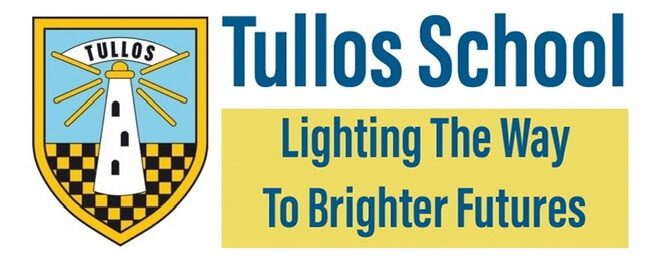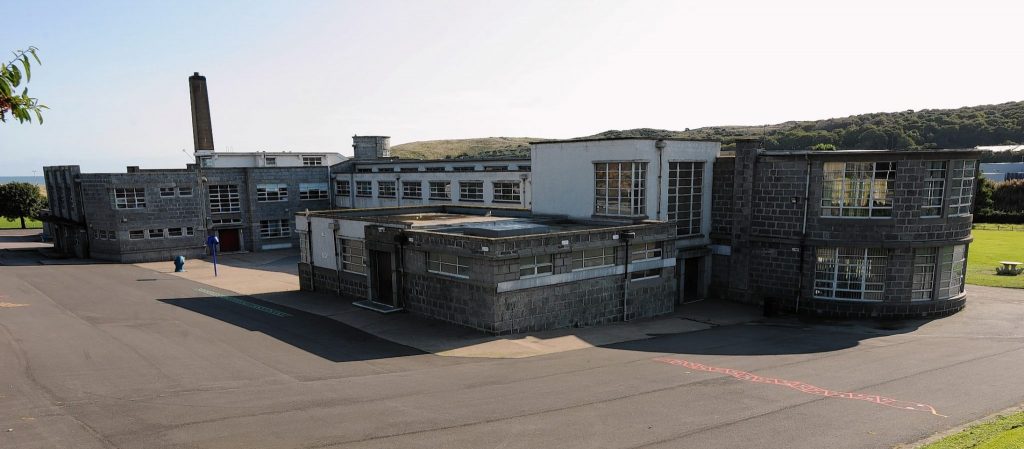The key concepts within science have been identified using five organisers:
– Planet Earth
– Forces, electricity and waves
– Biological systems
– Materials
– Topical science
Learning in science will enable children to:
– develop curiosity and understanding of the environment and their place in the living, material and physical world
– demonstrate a secure knowledge and understanding of the big ideas and concepts of the sciences
– develop skills for learning, life and work
– develop the skills of scientific inquiry and investigation using practical techniques
– develop skills in the accurate use of scientific language, formulae and equations
– apply safety measures and take necessary actions to control risk and hazards
– recognise the impact of science on their lives, the lives of others, the environment and on society
– recognise the role of creativity and inventiveness in the development of the sciences
– develop an understanding of the Earth’s resources and the need for responsible use of them
– express opinions and make decisions on social, moral, ethical, economic and environmental issues based upon sound understanding
– develop as a scientifically-literate citizen with a lifelong interest in the sciences
– establish the foundation for advanced learning and future careers in the sciences and technologies.

